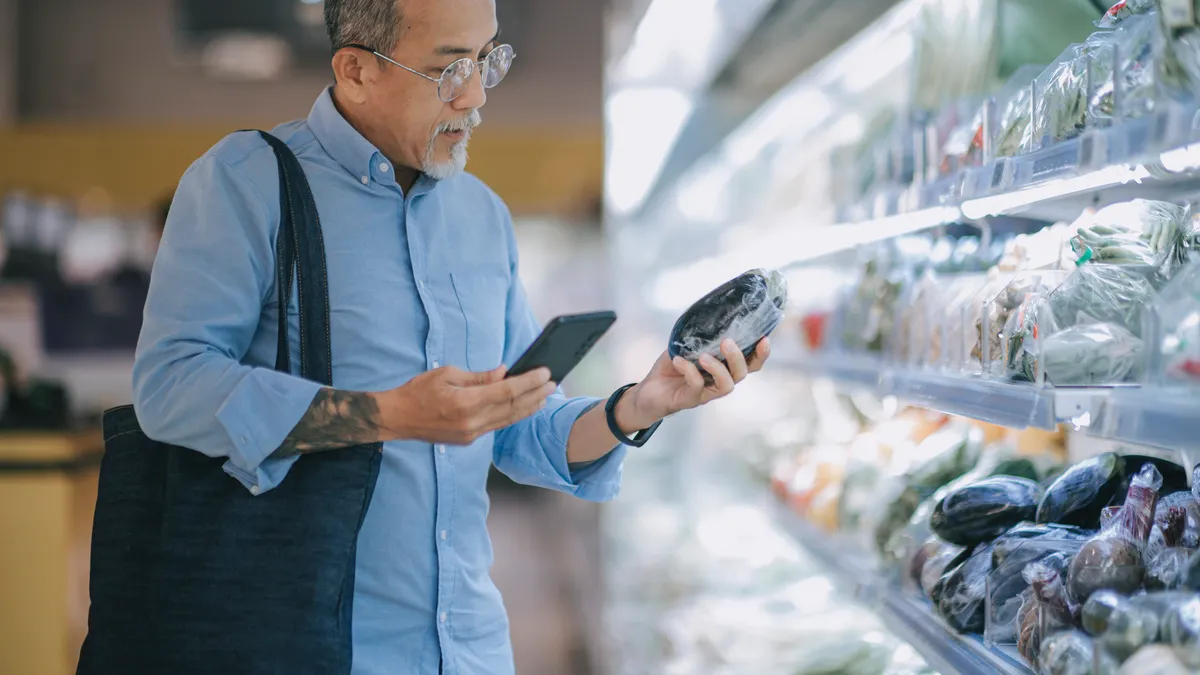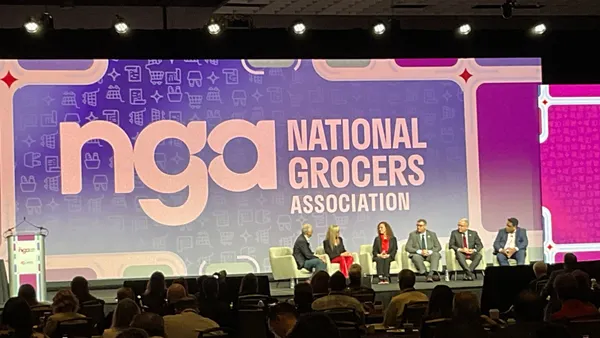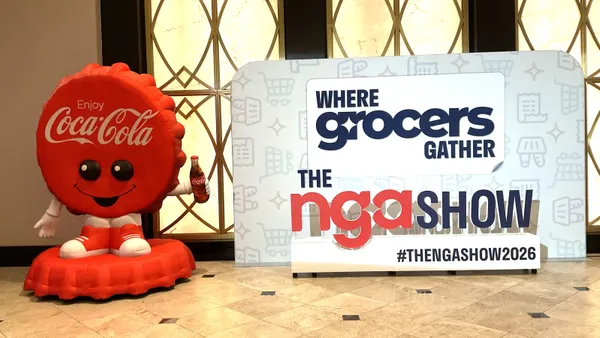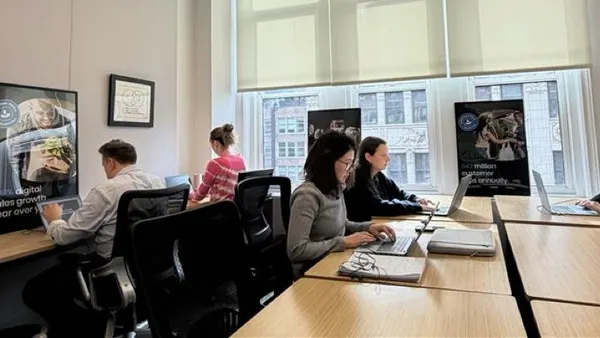Consumers are warming up to a future where artificial intelligence-driven virtual assistants determine what they need to buy and even place orders autonomously, according to research released Wednesday by management consulting firm PwC.
As a result, retailers and CPGs will need to adapt to an environment built around “invisible shopping” — where customers use automation to help keep their homes stocked with a personalized selection of goods — PwC said.
This means that strategies grocers and food manufacturers have long used to merchandise and market goods will give way to AI-driven processes that reflect a growing willingness by consumers to let technology take on shopping tasks they used to handle themselves, the management consulting firm noted.
“The next wave of innovation won’t be a bigger pipeline. It’ll be a smarter, more responsive one, built around real life rather than shelf space,” according to the report.
Forty percent of respondents to a survey of just over 2,000 adults PwC conducted in August said they expect to use AI to help them find and compare products within the next five years, and a third said they’d be comfortable using the technology to make purchases for them. In addition, nearly half said they expect to order more groceries and household essentials online by 2030, and over 30% plan to automate purchasing decisions through smart-home technology. The percentages were even higher among millennials.
Advances in technology will enable retailers to develop a “digital twin” of each customer that would allow them to delve more deeply into the factors that influence people’s needs, Carla DeSantis, CPG leader for PwC and one of the authors of the report, said in an interview. Those digital personas will allow retailers to figure out “where and how you are going to actually transact, and do it in all the ways in which you may do that” as a customer, DeSantis said.
”I can never get the real thing, but I want to get as close as I can to all the factors that may play into [people’s] decision making,” said DeSantis, referring to retailers and CPGs.
Retailers are starting to offer enhanced AI tools for customers. Earlier this month, Albertsons announced the release of an “Ask AI” tool in its app that helps shoppers search for and discover products. But while shoppers may be growing accustomed to using AI-based systems to help them plot their shopping trips and even decide what they should buy, they also want guardrails to ensure they retain ultimate control.
Nearly two-thirds of respondents to the survey said at least one safeguard would help them feel comfortable with AI-driven shopping, with just under 30% saying they want the ability to approve purchases. Almost as many indicated that they’d like to be able to get their money back for purchases made in error. In addition, a quarter said they want to be able to override the technology at any point.
“You have to reimagine work through the lens of AI. Otherwise you will not be able to keep up with the pace of change and the dynamics of our current marketplace,” DeSantis said. “[But] there is never a world, in my opinion, where there isn’t a human involved at some point in the value chain.”











